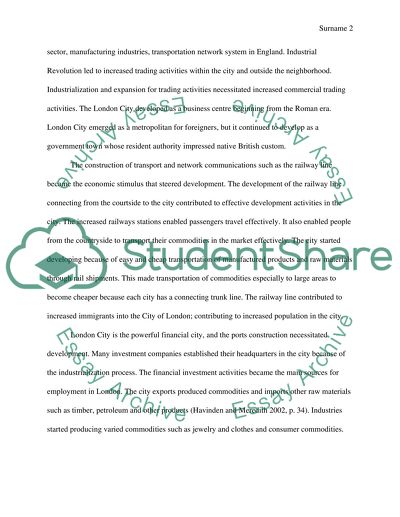Cite this document
(“Causes and Consequences of Development of London City, England in Research Paper”, n.d.)
Retrieved from https://studentshare.org/history/1462859-you-are-asked-to-choose-a-city-in-europe-and
Retrieved from https://studentshare.org/history/1462859-you-are-asked-to-choose-a-city-in-europe-and
(Causes and Consequences of Development of London City, England in Research Paper)
https://studentshare.org/history/1462859-you-are-asked-to-choose-a-city-in-europe-and.
https://studentshare.org/history/1462859-you-are-asked-to-choose-a-city-in-europe-and.
“Causes and Consequences of Development of London City, England in Research Paper”, n.d. https://studentshare.org/history/1462859-you-are-asked-to-choose-a-city-in-europe-and.


